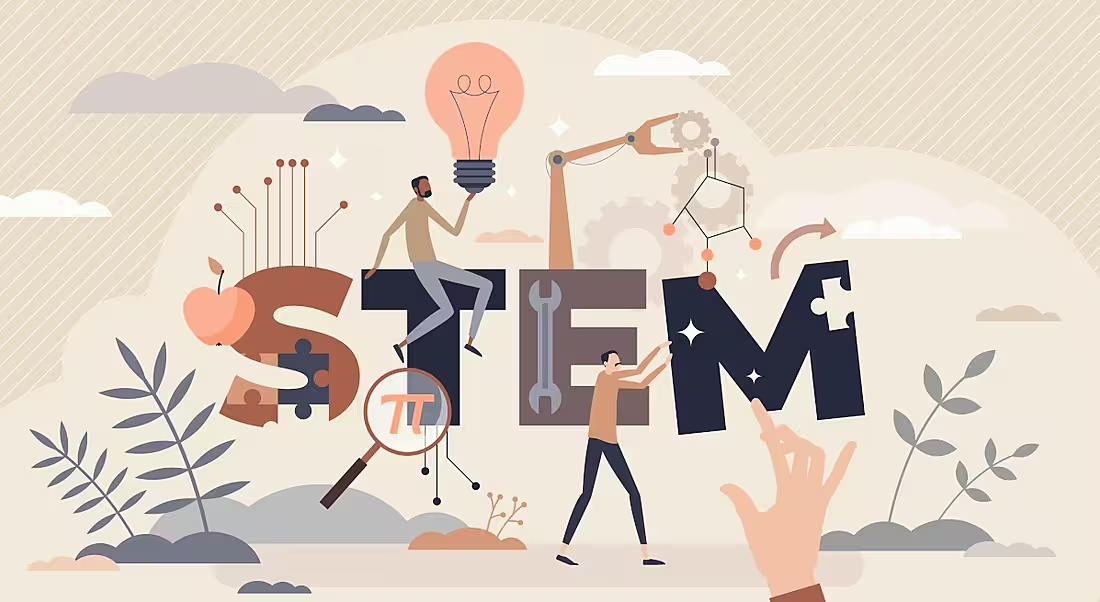Huawei’s Laura Malone discusses how HR leaders should broach upskilling strategies for staff in a way that embraces company growth and new tech.
When it comes to matters of upskilling and who is responsible, there are usually two main questions to be answered. The first one is what skills should workers in the STEM sector be learning right now in order to achieve longevity in their careers. The second question is what do these workers actually need in terms of support as they upskill themselves.
But these two questions throw up a third question – and that is, who answers the questions? It can be a mix of the person doing the upskilling and their mentors or bosses, but really it should be the HR or L&D department of whatever company they are working for. HR teams – and L&D teams if a company is large enough to have its own dedicated department just for skills – have a responsibility to ensure that employees are properly equipped with the tools they need to do their jobs.
Laura Malone, HR business partner at Huawei Ireland, told SiliconRepublic.com about how exactly HR leaders can assist workers as they learn and develop new skills. More on that a little later. First things first, Malone told us what skills digital workers of the future need to know to have an edge.
‘In today’s technology-driven world, tech professionals who combine technical expertise with strong soft skills are better equipped to excel in their careers and contribute to the success of their organisations’
“Several emerging technological trends are likely to have a significant impact on the job market in the next decade,” she said, adding that these trending skills are the ones to focus on. Things like AI, machine learning, cybersecurity, sustainability, 5G technologies and even remote working are already creating new kinds of workplaces and job requirements that necessitate new kinds of skillsets.
“By proactively addressing changes in the skills landscape, companies can better position themselves to thrive in a rapidly evolving business environment and ensure their workforce remains competitive and adaptable,” Malone pointed out.
Equally as important as technical skills like AI and cybersecurity are more holistic ones like creativity, intelligence, DEI and resilience. “Adaptability, continuous learning and acquiring skills relevant to these trends will be essential for individuals seeking to thrive in the evolving job market.”
“In today’s technology-driven world, tech professionals who combine technical expertise with strong soft skills are better equipped to excel in their careers and contribute to the success of their organisations,” she told us.
So, now that we know what mix of technical and soft skills are needed and why, let’s move on to HR leaders and how they can help foster these skills in the workplace. As Malone said: “Policymakers and businesses will play a crucial role in addressing the potential challenges posed by these technological shifts, such as workforce reskilling and job displacement.” It is up to HR professionals like Malone to lead the way here.
She listed a series of methods that leaders can follow, pointing out that they should always pick an approach or a combination of multiple approaches that best aligns with the company’s overall goals. That way, everyone will find it easier to follow the advice in a more realistic way.
Skills assessment and gap analysis
Conduct regular skills assessments to identify the current skills of employees and perform gap analyses to determine the skills needed for the organisation’s future goals.
Training and development
Offer a variety of training programmes and opportunities for skill development, both internally and externally. Develop customised training plans for employees based on their career goals and skills gaps. Invest in online learning platforms and courses to provide accessible and self-paced learning options.
Mentoring and coaching
Establish mentorship and coaching programmes that pair experienced employees with those looking to acquire new skills. Encourage knowledge sharing and peer-to-peer learning.
Continuous learning culture
Promote a culture of continuous learning where employees are encouraged to seek out learning opportunities and stay updated on industry trends. Recognise and reward employees for their commitment to learning and skill development.
Skill certification and recognition
Offer certifications or badges for employees who acquire specific skills, which can be used for career progression. Recognise and celebrate employees who attain new skills or certifications.
Performance management
Incorporate skill development into performance evaluations and goal setting. Provide constructive feedback on skill development and growth areas.
Talent mobility and internal career paths
Encourage talent mobility within the organisation, allowing employees to explore different roles and gain diverse skills. Develop clear internal career pathways that show employees how they can progress within the company.
Diversity and inclusion initiatives
Promote diversity and inclusion in the workplace to bring in a wide range of perspectives and skills. Ensure that training programmes and policies are inclusive and accessible to all employees.
HR technology and analytics
Utilise HR technology and data analytics to track skills, monitor progress and identify skill gaps on a broader scale. Leverage data to make informed decisions about skill development initiatives.
Feedback and communication
Encourage open and transparent communication between employees, management and HR about their career aspirations and skill development needs. Gather feedback from employees on the effectiveness of training programmes and areas for improvement.
Adaptability training
Offer workshops or training specifically focused on adaptability, resilience and the ability to navigate change effectively.
Succession planning
Identify potential future leaders within the organisation and ensure they receive the necessary training and development to step into leadership roles.
Stay informed about industry trends
HR professionals should stay updated on industry trends, emerging technologies and evolving skill requirements to make informed decisions about skill development programmes.
10 things you need to know direct to your inbox every weekday. Sign up for the Daily Brief, Silicon Republic’s digest of essential sci-tech news.




